‘Russia has always been a centre of world science’
It was proposed to launch a route through educational institutions of Tatarstan and bring an exhibition about the achievements of domestic scientists to the regions of the republic at a scientific conference in Kazan
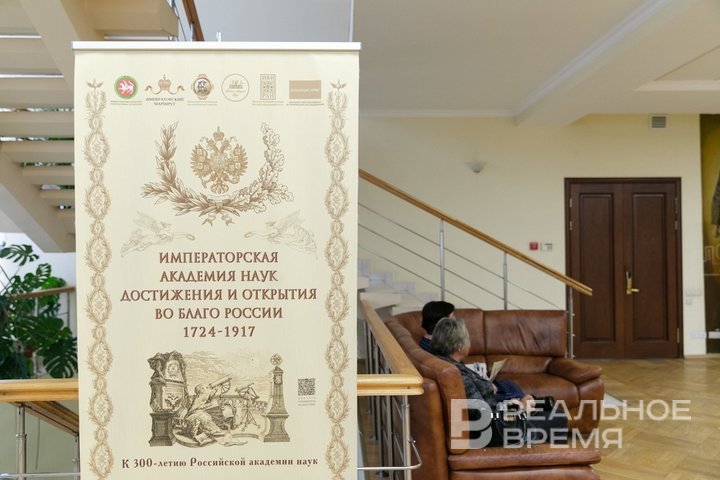
The Russian Academy of Sciences celebrates its 800th anniversary this year. Kazan became one of the points where an important milestone was celebrated. The All-Russian Scientific conference “The contribution of Russian academic science to the development of the Russian state in the XVIII-XXI centuries” was held here on 16 September. The choice has a reason: it was in the capital of Tatarstan that the first Russian National Academy of Sciences was established in 1991. About what plans for the popularisation of science in the country and the republic were put forward at the conference — in the material of Realnoe Vremya.
“We propose to launch the route through educational institutions of Tatarstan with the first carriage”
Not only the Russian Academy of Sciences celebrates a round anniversary in 2024, but also the Kazan University: the educational institution has been operating for 220 years. It is symbolic that the conference was held in the capital of Tatarstan. The event was organised jointly with the Moscow Foundation for the Promotion of the Revival of the traditions of charity Elisavetinsko-Sergievskoe Educational Society (ESPO). This is the fourth conference that the foundation has held there. No one plans to end the cooperation: on the contrary, new horizons are already being outlined.
“We have recently moved away from resolutions. Let's end any event — forum, conference, round table discussions — with a protocol of specific instructions with specific deadlines and performers," suggested Rifkat Minnikhanov, the president of the Academy of Sciences of Tatarstan, and his idea received support.
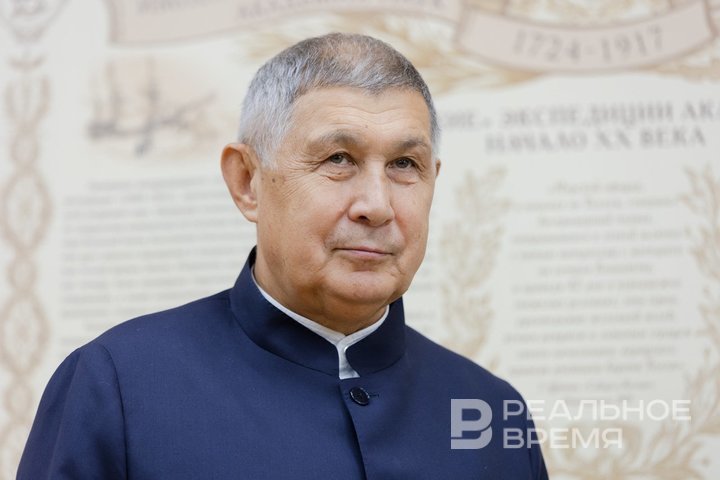
Before the start of reading the reports, the organisers shared their first plans.
“Rifkat Nurgalievich said: “You're not just talking, you're putting it on a practical track.” We propose to use the first carriage on these rails to launch an [excursion] route through educational institutions and the education system in Tatarstan. Simple dates tell us that Kazan was the first in terms of the number of women's and special technical institutions," said Anna Gromova, сhairperson of the supervisory board of the ESPO.
According to her, Kazan has responded instantly to new trends in education since the 19th century. And it's not just about the university opened in 1804. In step with the times, diocesan and real schools, the Mariinsky Women's Gymnasium, and the Kazan Veterinary Institute were established in the city.
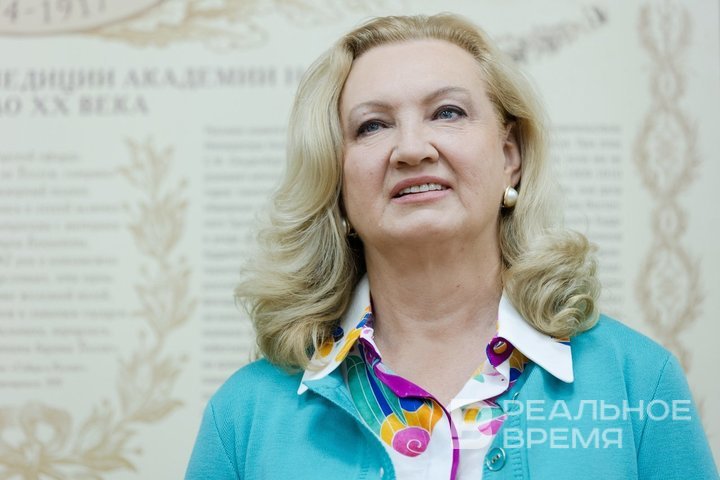
“The Smolny Institute of Noble Maidens appeared under Catherine II. In 1841, the Kazan Rodionovsky Institute of Noble Maidens was opened (today there is the Suvorov Military School located in this building — editor's note) — a direct continuation. The third capital of the Russian Empire is again in the foreground," Gromova admired.
The conference participants presented more than 20 reports. It was not only the chairperson of the supervisory board of the ESPO who spoke about the role of Tatarstan in the development of domestic science. The conference was attended by scientists from the KFU, at least from three institutes of the Academy of Sciences of the Republic of Tatarstan: Institute of History named after Sh. Marjani, Institute of Language, Literature and Art named after G. Ibragimov, Institute of Tatar Encyclopedia and Regional Studies. They spoke about the achievements of Nikolai Lobachevsky, Kayum Nasyri, Mukhammet Gainullin, Gayas Maksudov and other prominent scientists whose activities were connected with Tatarstan.
“For me, this project is primarily educational”
Before the conference, a presentation of the traveling exhibition “Imperial Academy of Sciences: Achievements and Discoveries for the Benefit of Russia. 1724—1917" was held. Studying the stands, the visitor gets acquainted with the achievements of Russian scientists in a variety of disciplines: from mathematics and physics to linguistics.
“It turns out from the overall result of this review that Russia has always been one of the centres of world science," Gromova said.
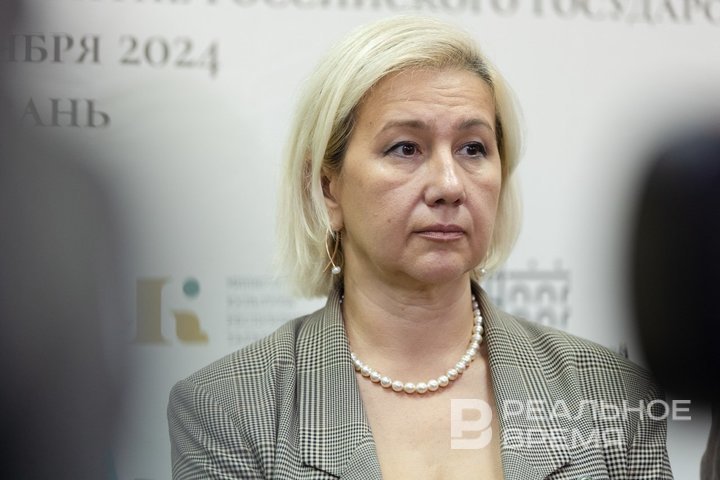
She said that the project is just beginning its march across Russia. We plan to bring the exhibition to the Presidium of the Russian Academy of Sciences. Then residents of Irkutsk and Novosibirsk, for example, cities whose scientific centres flourished in the Soviet Union, will have the opportunity to get acquainted with it.
“The first show of our exhibition, our premiere was held at the Academy of Sciences of Tatarstan. It is a great honour for us. We have been linked with the Volga Region with many years of cooperation. Since Tatarstan and Kazan joined the historical and cultural national project Imperial Route, the topic of the history of imperial Russia has been actively studied here," the chairperson of the supervisory board of the ESPO assured.
During the presentation of the exhibition, another proposal was made: to present the project in different regions of Tatarstan. “To replicate the exhibition as much as possible on the scale of the republic," Rifkat Minnikhanov urged.
“For me, this project is primarily educational. I believe that today in the world, when children receive a lot of information on the Internet and practically do not check it, it is very important to motivate a child to independent scientific research and practice," said Minister of Culture of Tatarstan Irada Ayupova.
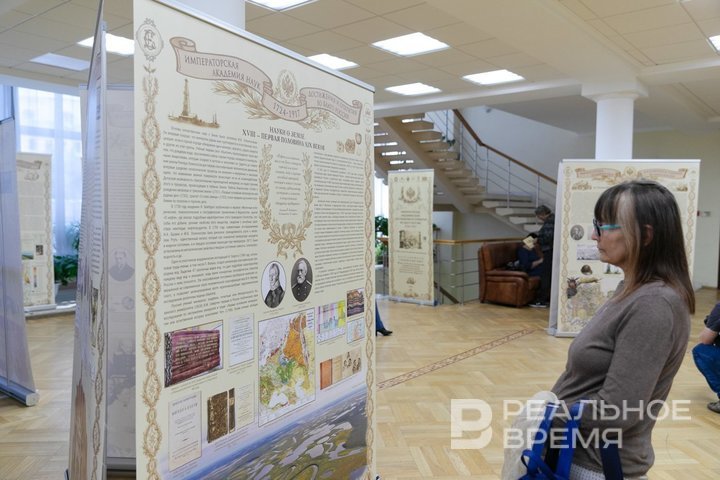
It is no coincidence that, getting acquainted with the stands, the first persons recalled their first scientific experiments. Rifkat Minnikhanov told how he tried to build small ships in the yard, and Irada Ayupova — how she conducted physical and chemical experiments to see firsthand the processes described in textbooks. Who knows what victories the interest in science of the new generation of Tatarstan citizens will lead to.
“Openness to experiment, creativity, and paradigm shift is the key to the future competitiveness of our country," concluded the minister of culture of the republic.